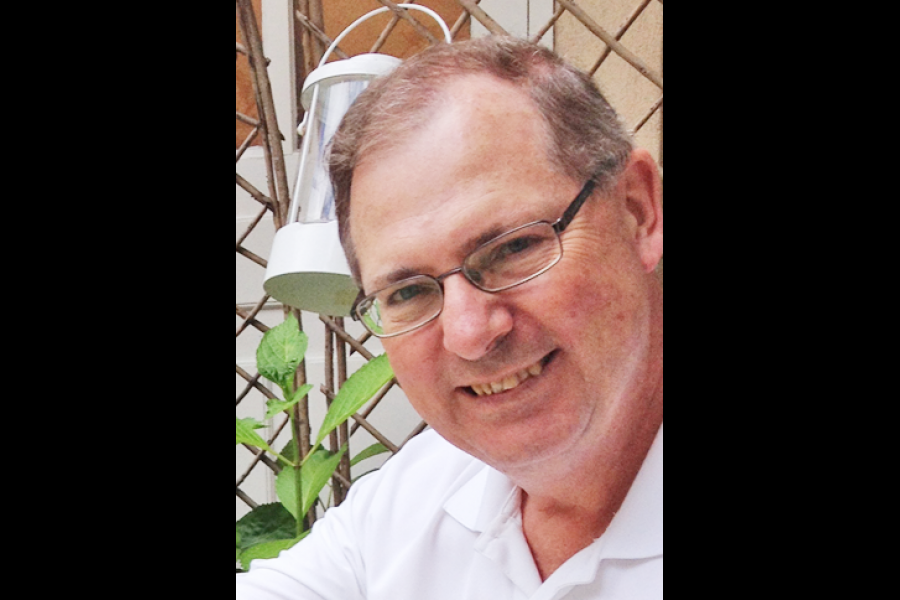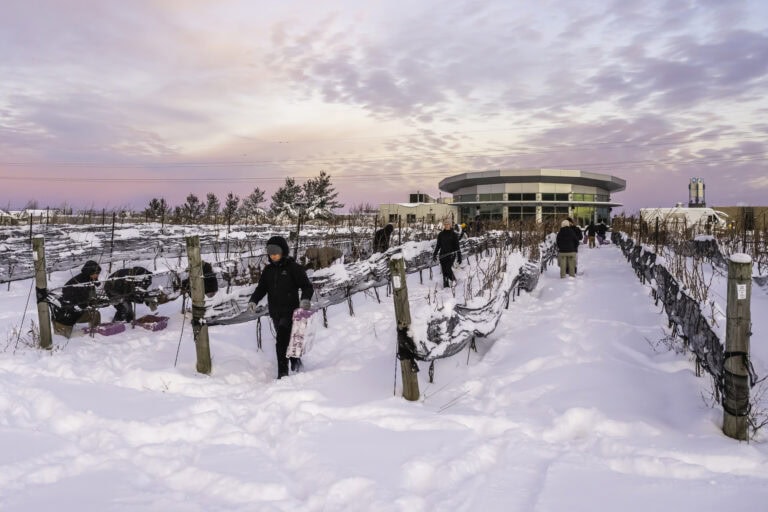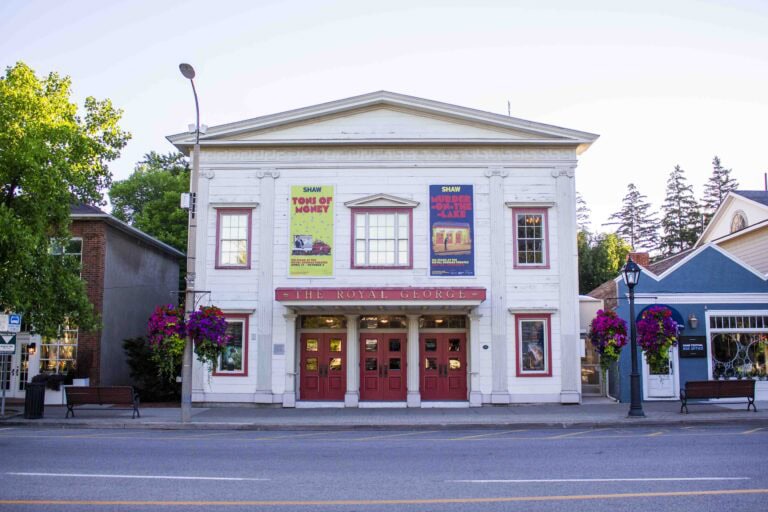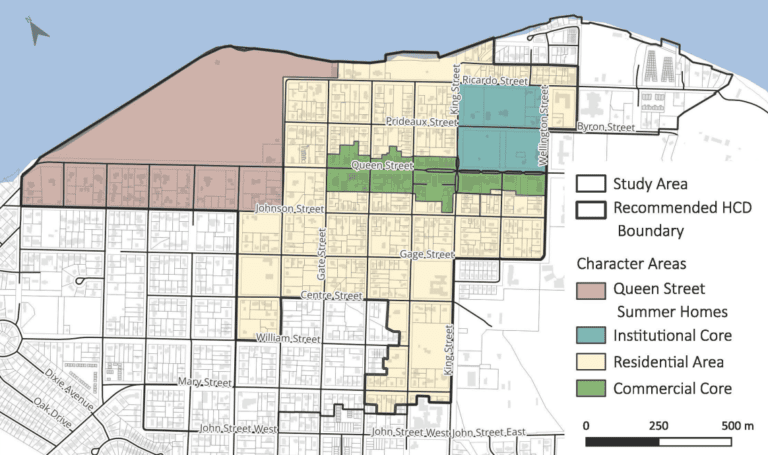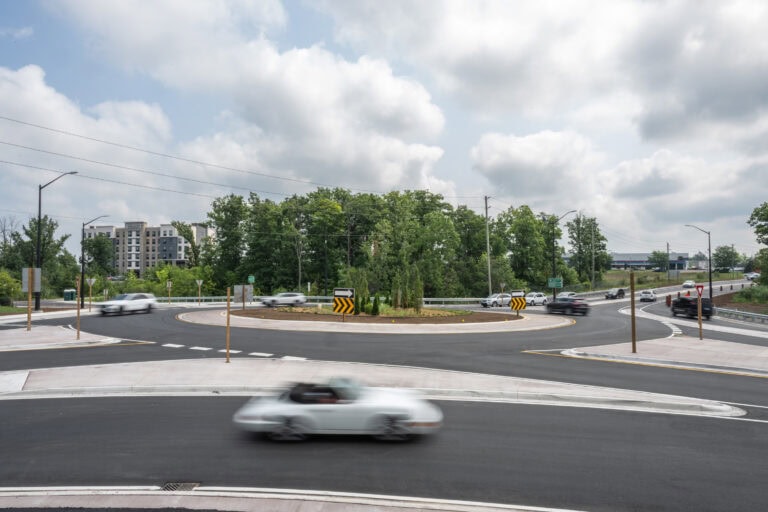Seasonal homes are hollowing out the community more than short-term rentals, he says
Niagara-on-the-Lake’s Bed and Breakfast Association fought for years against an accommodation tax in town, but now that it's about to become a reality the group wants a clear structure in place for collecting and using the money to support tourism.
“We’re very concerned with having proper processes and governance in place around the municipal accommodation tax,” association president John Foreman said in an interview on Friday.
“If we had our choice, we’d rather not see the (tax) introduced but we realize that it’s moving forward,” he said.
The town approved a municipal accommodation tax last September. In January, after having its initial start date voted down, council decided to implement the tax on July 1.
Lodging industry representatives lobbied against the tax for several years but it was seen as “the only way we have to get additional revenue,” Lord Mayor Betty Disero said during a council meeting in January.
Foreman accepts that “we can’t really change that. So, now it’s about let’s do it in a right way that serves the purpose for which it was intended and makes it as painless as possible for all our members who are going to have to deal with it.”
He suggested three ways the tax could be effectively implemented.
The first is for the town to form a working group to come up with details for its implementation.
Foreman is worried that a firm start date has been set before the system of remitting the tax and the fine details about it have been communicated to the industry, he said.
“We’re not happy at all about a July start because the legwork hasn’t been done to put it in place."
He also suggested an ongoing governance body to determine where the revenue is spent.
“This is the group that’s going to look at how the money is proposed to be spent and to make sure that it’s aligned with the town’s tourism plan.”
Foreman is hoping someone from the bed and breakfast association will be able to be on the governing body, saying insider knowledge is essential for implementing the tax.
“Because we’re the ones that are affected. We’re the ones that can say what it is that’s going to be difficult to do or cause us the most pain.”
But Foreman felt a further step was necessary, saying the town should keep a close eye on the return on investment for projects the tax revenue is spent on.
“I firmly believe in measuring the impact of expenditures. We don’t want to just throw money at things and not have any idea of whether it’s achieved its objective,” he said.
“I’m a big believer in metrics, myself, and figuring out what’s the benefit achieved for $1 of investment.”
Foreman also suggested the town collect a flat fee per room instead of a percentage. Niagara Falls, for example, collects $2 per room, regardless of room price.
The tax so far is only being applied to businesses with five or more rooms, leaving out the vast majority of short-term rentals.
The association “fully expects” the tax to eventually be charged to all short-term rentals in town, Foreman said.
He has been reading up on tourism strategies in places such as Venice and Florence. Readers may remember The Lake Report spoke with Venice’s minister of tourism for a series on short-term rentals.
Foreman found inspiration from Florence for how NOTL might spread its tourists out over the municipality instead of having them focused in the Old Town.
“The Uffizi Gallery in Florence is creating a distributed gallery. They’re taking the things that used to be in one massive building and they are spreading them out over the countryside in a number of smaller facilities," he said.
“Strategies like that would help relieve the pressure on Old Town.”
While Foreman didn't speak out against un-hosted "ghost hotels" in town, which account for more than half of registered short-term rentals, he lamented the decrease in the hosted bed and breakfast.
“I think there’s a reality that, over the years, the number of hosted properties has decreased for various reasons,” he said. “It makes me very sad.”
“Let’s say 15 years ago there were over 300 bed and breakfasts in Niagara-on-the-Lake and now we are down to less than 150,” he said.
Foreman said one cause of the decrease in hosted rentals is the increase in property values in NOTL.
“Some people are saying, ‘I can sell my house at a high price now and move to somewhere less expensive and that’s going to be financially better for me than running a B&B,' ” he said.
This has a further negative effect on NOTL, he said, as quaint old bed and breakfasts are bought and renovated to be more modern, reducing the town’s charm and character – it’s main selling points for tourists.
“When they get renovated, they lose a lot of quaintness,” he said.
“Regardless of whether it’s a bed and breakfast or just all the charming old houses in the town, I shed a tear every time I see one getting knocked down,” he said.
He said some owners do a good job of building new homes that maintain the character of the Old Town but “some of them are really out of character.”
“It makes me sad to see that happen because an old historic home is irreplaceable.”
Foreman said the character of NOTL is “absolutely” it’s biggest tourist draw and pointed to a controversial project as an example of the importance of character.
“The Parliament Oak development,” he said.
“If we really care about the character of the town then we need to see the right decision made there” because it sets the tone for other developments, he said.
He cited the Prince of Wales as an example of a large commercial building that fits in perfectly with the town’s character.
“We really need Parliament Oak to step up to that level of commitment to the Old Town’s character.”
He said he enjoys reading The Lake Report columnist Brian Marshall’s pieces, which discuss planning and architecture in NOTL.
Foreman acknowledged the issue of communities being hollowed out by short-term rentals but he said in his experience the larger problem is seasonal homeowners.
“On the street that I live on, of the eight or nine houses on the street, there’s one B&B — that’s us — and one holiday rental,” he said.
“But there’s three houses that are seasonal houses for out-of-towners that are hardly ever occupied at all.”
“I think there’s far more hollowing out that’s happening there than through the holiday rental market.”
Foreman also said the extravagant prices of homes in the Old Town are not an attractive draw for potential ghost hotel investors.
And he suggested it is in the interest of the town to let seasonal homeowners rent out their properties when they are not around.
“What right do we have to say, ‘You can’t rent out your seasonal home when you’re not there.’ ”
He figures it is better to have a seasonal home rented out to family and friends, possibly strangers, than having the home empty for more than half of each year.
People who can rent out a holiday home are more likely to stay for a longer time than if they could only stay in a hotel, he said.
“They’re going to do a lot more and different things than they would on a one or two day stay. That’s going to spread money into the economy in places that otherwise wouldn't be getting the money.”



